Chlorophyll is an organic compound found in all green plants and algae. Chlorophyll is the key factor for the occurrence of photosynthesis since it absorbs sunlight and uses it to transform carbon dioxide into carbohydrates.
It is no coincidence then that some call chlorophyll the plant equivalent of human blood since it functions as the main source of life for plants. Another reason is that chlorophyll's structure on a molecular level is nearly identical to the hemoglobin in human blood. The difference is in the central atom of the chlorophyll molecule, which contains magnesium and not iron.
Back in 1926, a scientist named Charles Schnabel was studying wheatgrass and the possible correlation between hemoglobin in humans and phaeophytin in chlorophyll. Later studies confirmed the discovery and all the evidence pointed to the conclusion that chlorophyll is a red blood cell stimulant in the bone marrow.
Benefits of Chlorophyll
Chlorophyll first began to be used for medical purposes in the middle of the last century. It serves 2 very important functions - it improves blood circulation and increases hemoglobin concentration.
Chlorophyll has a beneficial effect on the cardiovascular system, improves uterine and lung function, cleanses the liver of toxins, heavy metals and waste products. It possesses a highly valuable anti-inflammatory, antioxidant and regenerative function.
Numerous experts believe that one of the most crucial health benefits that chlorophyll provides is to enrich the blood with oxygen, while at the same removing harmful toxins from it.
Chlorophyll protects and aids in treating atherosclerosis, helps tissue regeneration, heals wounds and diseases related to the presence of oxalate stones.

It enhances thyroid gland function and boosts immunity, protect against bacterial, viral and fungal infections.
Chlorophyll is believed to possess well expressed anticarcinogenic properties, blocks and flushes out harmful chemicals from the body that damage the DNA. Chlorophyll contains high levels of vitamin A, making it a potent antioxidant.
Chlorophyll contains folic acid, iron, proteins, calcium, vitamins K and C, all of these being exceptionally important for strengthening the immune system. Additionally, chlorophyll is described as having an antiseptic action because it fortifies tissue integrity and improves the endurance of cells, which in turn protects against bacterial growth.
Chlorophyll is extraordinarily valuable when it comes to getting rid of bad breath and other unpleasant body odors. It helps maintain a healthy digestive system, leading to less unpleasant odors.
Chlorophyll guarantees a large amount of magnesium and helps deliver oxygen to all tissues and cells. Magnesium is important not only for the transportation of oxygen but also for the formation of bones, nerves and the functions of muscles.
As well it is a decisive factor for the health of the kidneys, liver, digestive and nervous system, cardiovascular system, hormone secreting glands and brain. All of them count on magnesium for their functions. Chlorophyll helps individuals suffering from anemia because it stimulates red blood cell production.
Our modern way of eating lots of refined foods that are poor in fiber and rich in fat causes serious problems for our stomach and large intestine. It is in fact green vegetables with high amounts of chlorophyll that help maintain a healthy large intestine.
Sources of Chlorophyll
Chlorophyll contains a number of substances that make it a valuable part of a healthy food diet. The largest quantities of it are found in dark green vegetables - spinach, kale, broccoli, lettuce, peas. It's found in wheat and barley, spirulina and some types of seaweed. The rule is that the greener a food is the more chlorophyll it contains.
But when deciding to eat these types of vegetables, they must not be subjected to long heat treatment because this decreases the amount of chlorophyll in them. It's best to consume them raw or boiled only briefly.
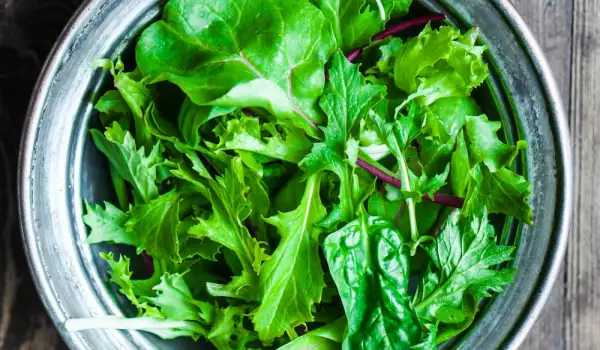
Chlorophyll can now also be found in the form of various food additives that can be bought from specialized stores. Even so it's best to get the valuable substance from its natural plant sources.
A new study has given many interest facts pertaining to the consumption of foods rich in chlorophyll. It turns out that it's best to consume vegetables when sitting out in the sun because this way the mitochondria in human cells produce a lot more energy when they are out in sunlight.
The same study reveals that thanks to a diet rich in chlorophyll, humans are able to capture sunrays with a particular wavelength which boosts the amount of energy produced by the mitochondria.
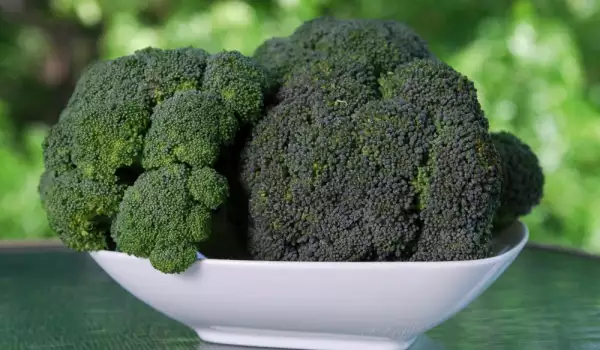
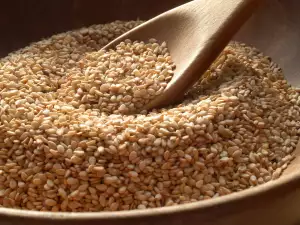

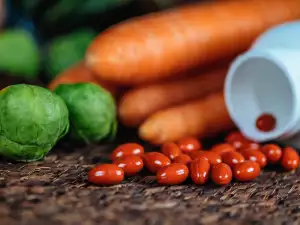



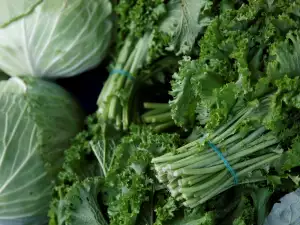
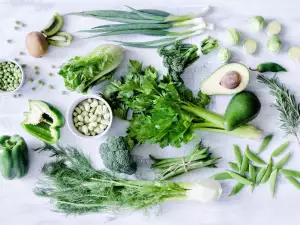
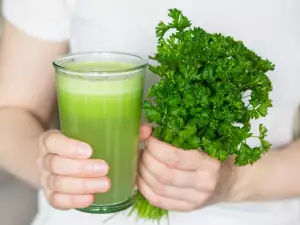

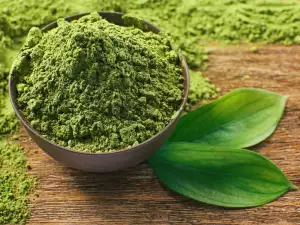
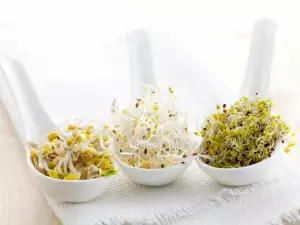
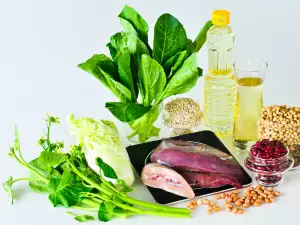
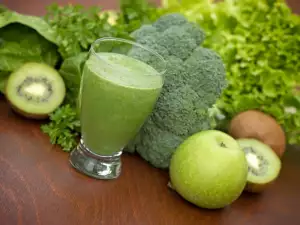
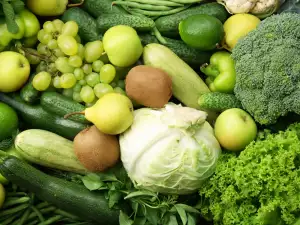
Comments